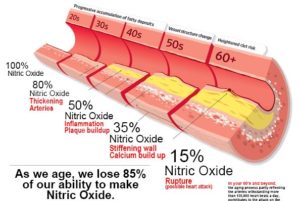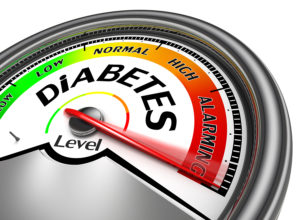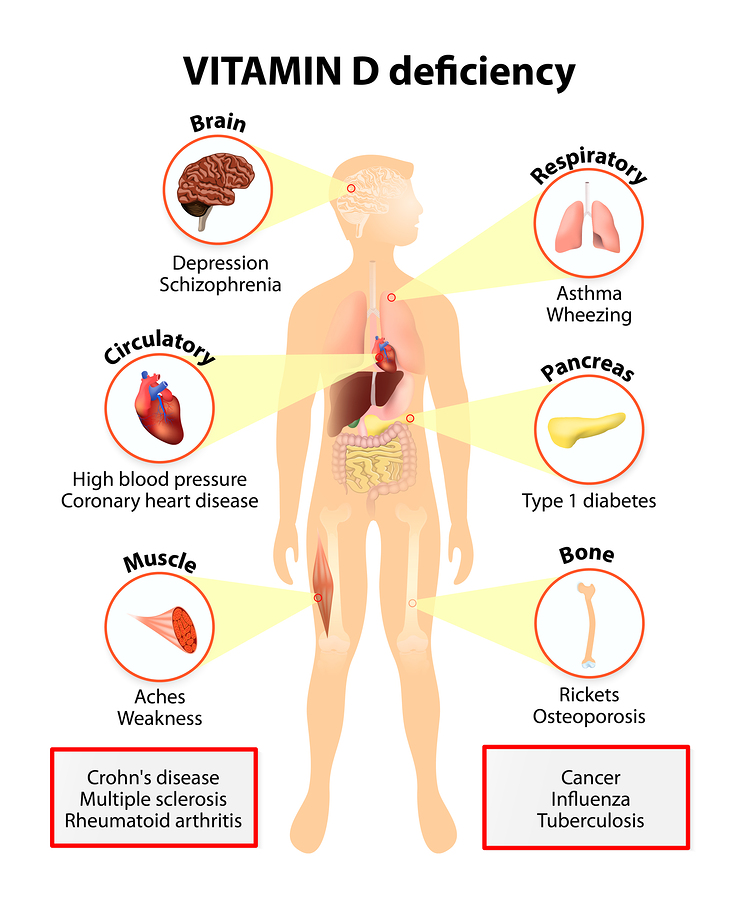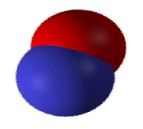The nitric oxide cholesterol connection can have a significant impact on your overall cardiovascular health. Nitric Oxide is the master signaling molecule of the cardiovascular system and plays a critical role in blood pressure and other cardiovascular functions. Cholesterol is the “glue” that holds your body together. Sometimes this “glue” and more specifically LDL or low-density lipoproteins can accumulate on the arteriole walls causing damage to the endothelial cells which leads to the cardiovascular disease called atherosclerosis. (For a clear understanding of cholesterol please see my post Cholesterol Good and Bad?)
pressure and other cardiovascular functions. Cholesterol is the “glue” that holds your body together. Sometimes this “glue” and more specifically LDL or low-density lipoproteins can accumulate on the arteriole walls causing damage to the endothelial cells which leads to the cardiovascular disease called atherosclerosis. (For a clear understanding of cholesterol please see my post Cholesterol Good and Bad?)
While there are several natural and pharmaceutical treatments available to help reduce cholesterol levels, the most popular method today is the use of statin drugs. While statin drugs can positively affect cholesterol levels to reduce your risk for atherosclerosis they can also increase your risk for other wellness issues like muscle pain, muscle weakness, loss of memory and cognitive function, and a potential link to increased congestive heart failure. It’s this increased risk for several very significant health concerns that have some doctors moving away from statin drugs.
 The area of cardiovascular health that confuses people the most are their cholesterol levels. What is low-density lipoprotein
The area of cardiovascular health that confuses people the most are their cholesterol levels. What is low-density lipoprotein 
 According to the most recent statistics from the Centers for Disease Control and Prevention (CDC), more than 29 million Americans have diabetes. However, what makes this “America’s largest healthcare epidemic” is that 86 million Americans are in a pre-diabetic condition, where their blood glucose levels are higher than normal but not high enough to be diagnosed with type 2 diabetes.
According to the most recent statistics from the Centers for Disease Control and Prevention (CDC), more than 29 million Americans have diabetes. However, what makes this “America’s largest healthcare epidemic” is that 86 million Americans are in a pre-diabetic condition, where their blood glucose levels are higher than normal but not high enough to be diagnosed with type 2 diabetes.

